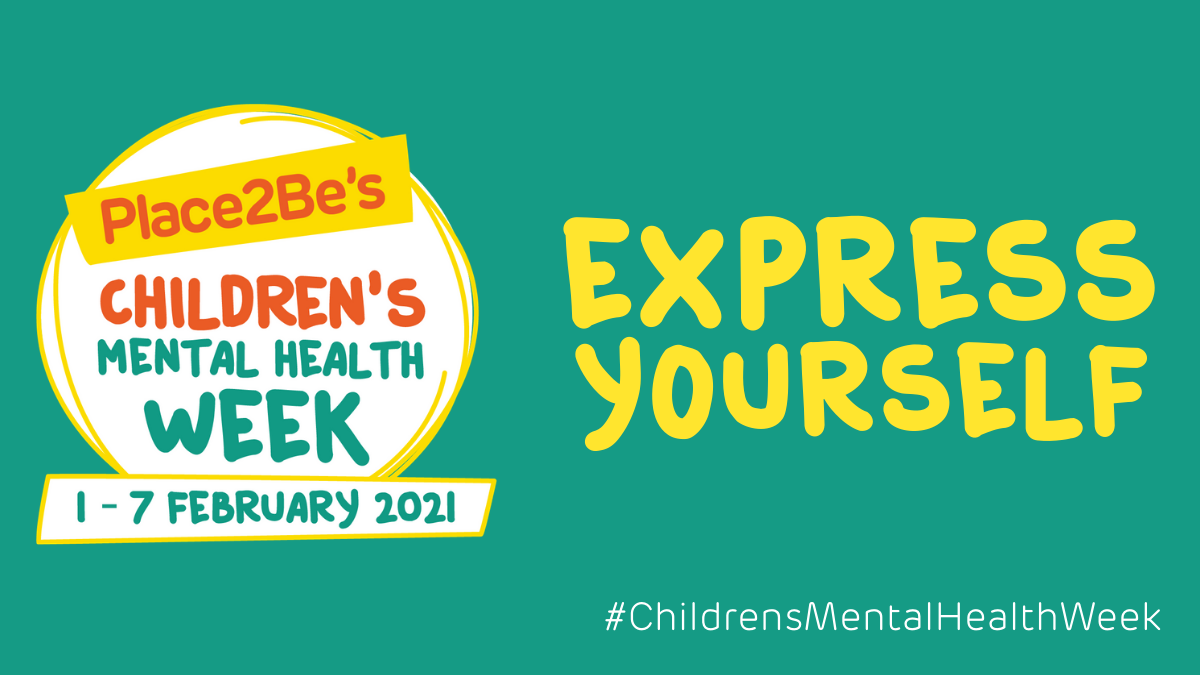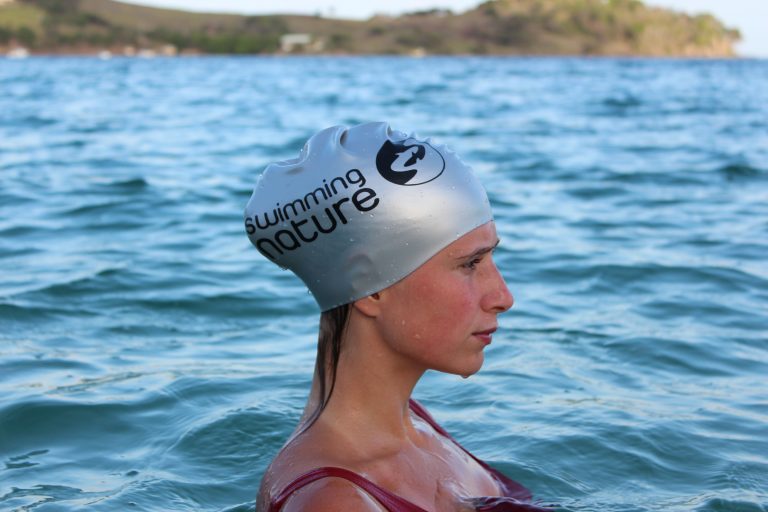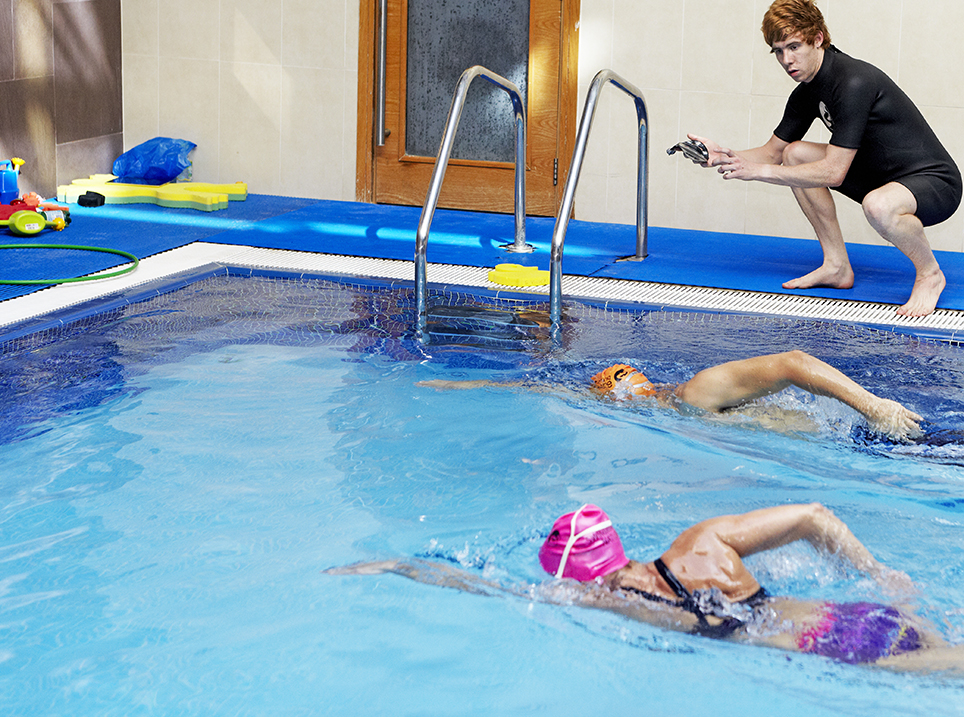Children’s Mental Health Week – 1-7 February 2021
The Mental Health Foundation discusses here the impact of the pandemic on children’s mental well-being. This is a subject very close to our hearts because swimming is proven to be one of the best forms of exercise to help a child’s physical and mental wellbeing. Therefore, we know that swimming, once pools are allowed to reopen, will play an important role in helping children recover, and regain their fitness and wellbeing.
So, with this week being Children’s Mental Health Week, let’s remind ourselves here of all the benefits of swimming ready for when we can get back to the pool.
Physical Development
The inherent properties of water mean that swimming is a low impact form of a full-body exercise, which is amazing for a child’s physical development.
Scientific studies have also shown swimming helps babies and toddlers physically, emotionally, intellectually and socially. It also encourages healthy growth and helps with the development of strength, coordination and balance, all while equipping them with key water safety skills.
Brain Development
The Griffith Institute for Educational Research found that children who learn to swim earlier reach major cognitive developmental milestones including speech, literacy, numeracy and visual-motor skills much earlier than their peers and non-swimmers.
The Griffiths Institute study also cited that: “Children who learn to swim by the age of five gain significant developmental advantages compared with children who don’t start the activity at a young age.”
The boost in blood flow from swimming can also help improve memory, mood, clarity, and focus and can help children to sleep better, which helps with daily stress and behaviour.
Stress Relief
The NHS prescribe swimming as an activity to combat health and anxiety. The endorphins released during any exercise combat the stress hormones released by the body – and evidence suggests that cold open water swimming can increase these further.
The rhythmic actions of swimming can all also positively counter-effect the symptoms of stress. Some of which include an increase in heart rates, blood pressure and breathing rates.
The Power of Water
For further information on this subject, we recently wrote a blog about Blue Mind Science – the study of aquatic environments’ health benefits. The blog discusses how being near, in, or on the water can make you happier, healthier, more connected, and better at what you do.
As we look ahead to recovering from COVID, getting children back into the pool and learning to swim will take on a new level of physical and mental importance. Our specially trained teachers provide personal care and attention to each of our swimmers who are eagerly waiting to be given the green light. In the meantime, during these challenging times, find out more about Children’s Mental Health Week at https://www.childrensmentalhealthweek.org.uk/ where there are lots of free downloadable resources to help children find creative ways to express themselves so that they can share their thoughts, ideas and feelings, and find ways to feel good about themselves.
If you’re keen to get in shape by swimming after lockdown, Swimming Nature offers premium tuition and fast results. Our award-winning technology and bespoke programmes ensure you and your kids develop precision techniques and complete mastery of the water. Whether you’re looking for yourself or your kids, we cater for all abilities from beginners to triathletes, For more information, explore our programmes today.

 LOG IN
LOG IN
 CONTACT US
CONTACT US








